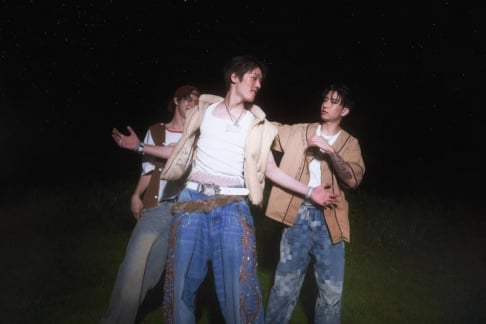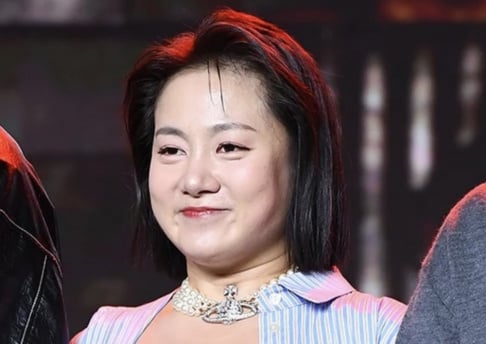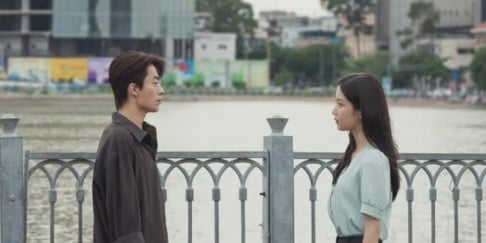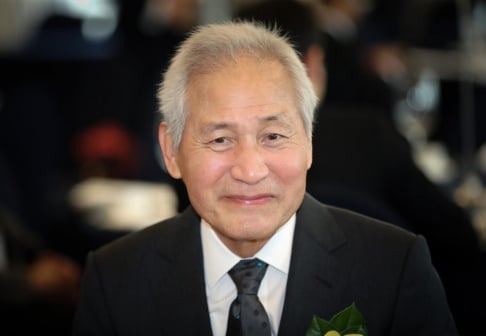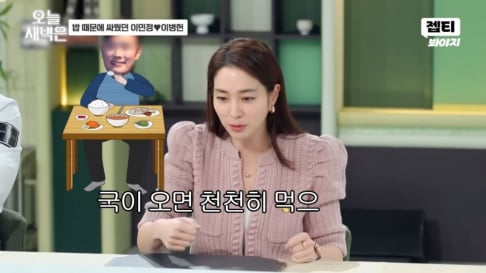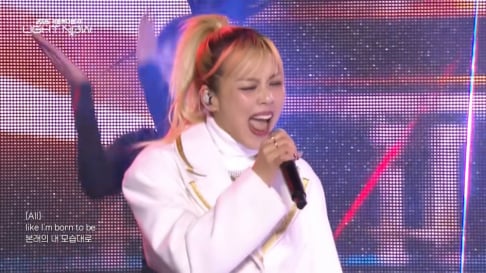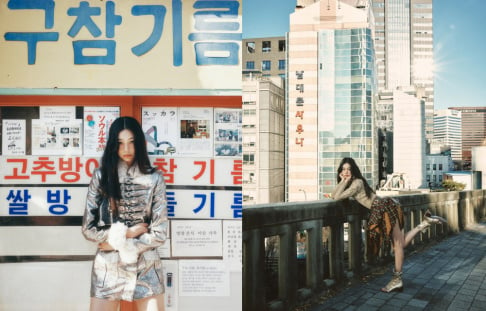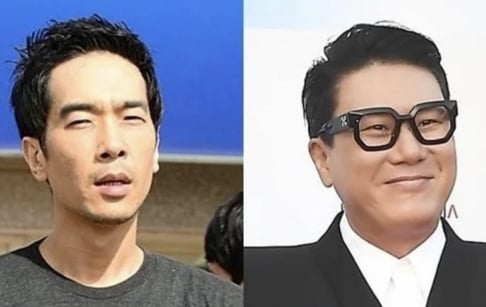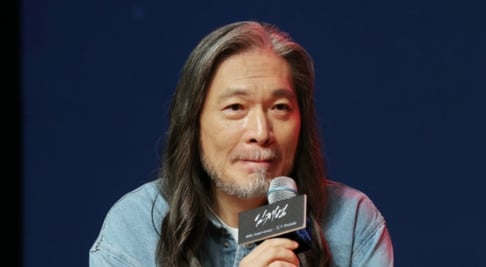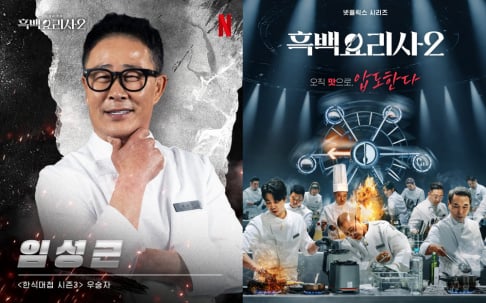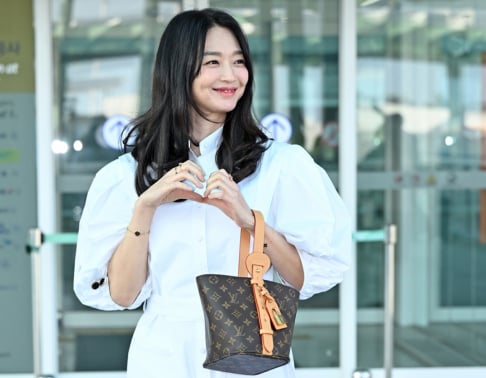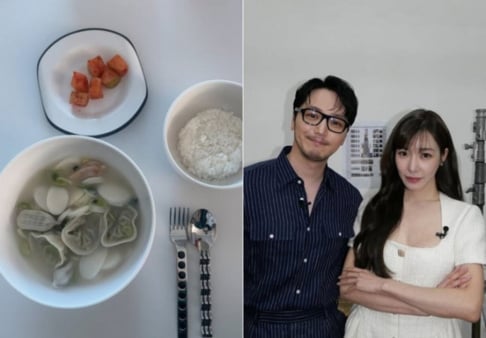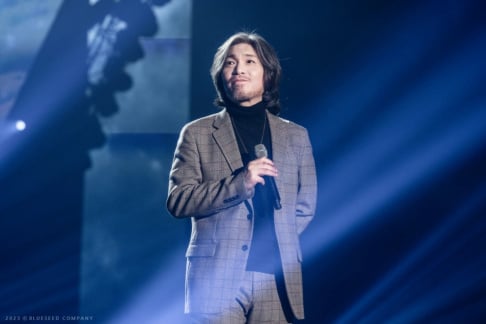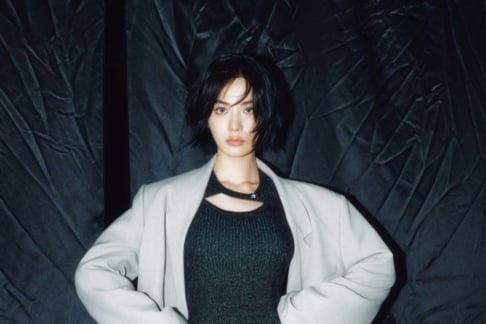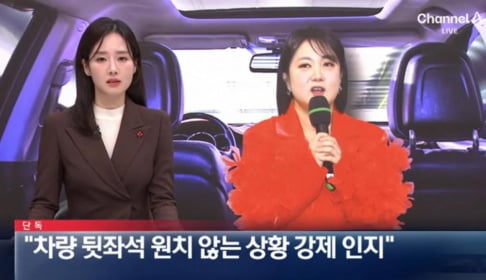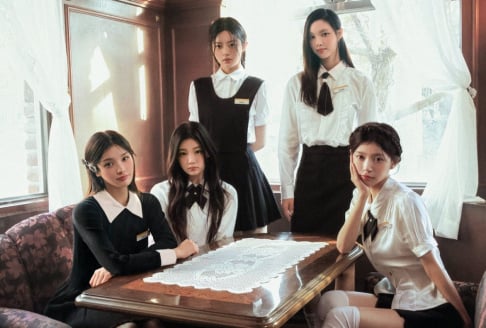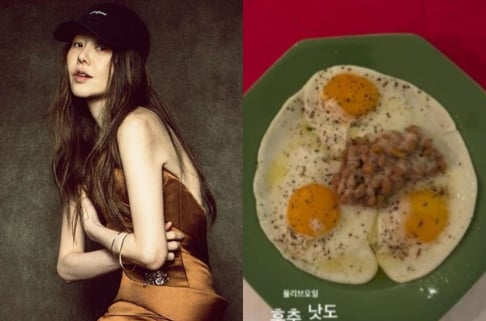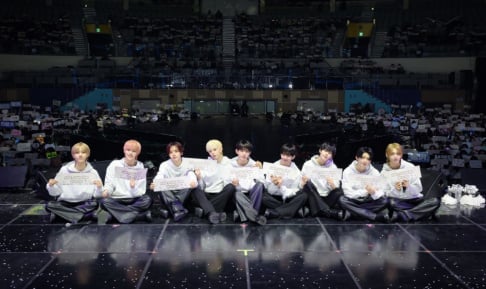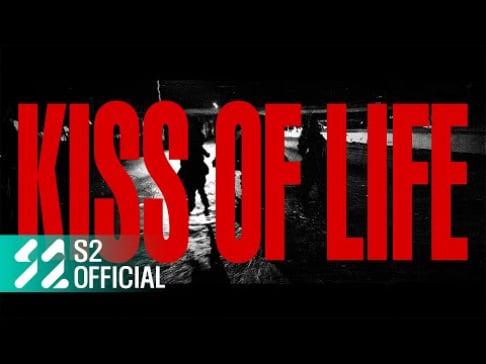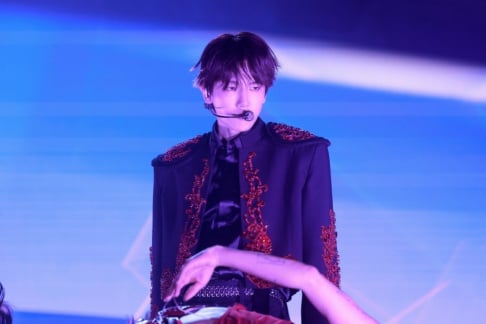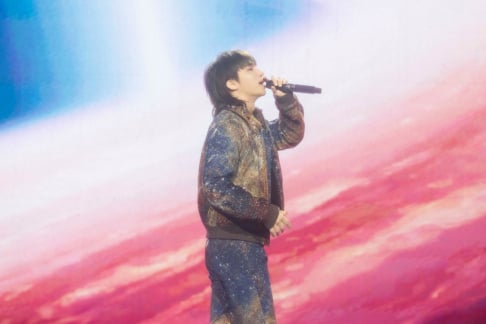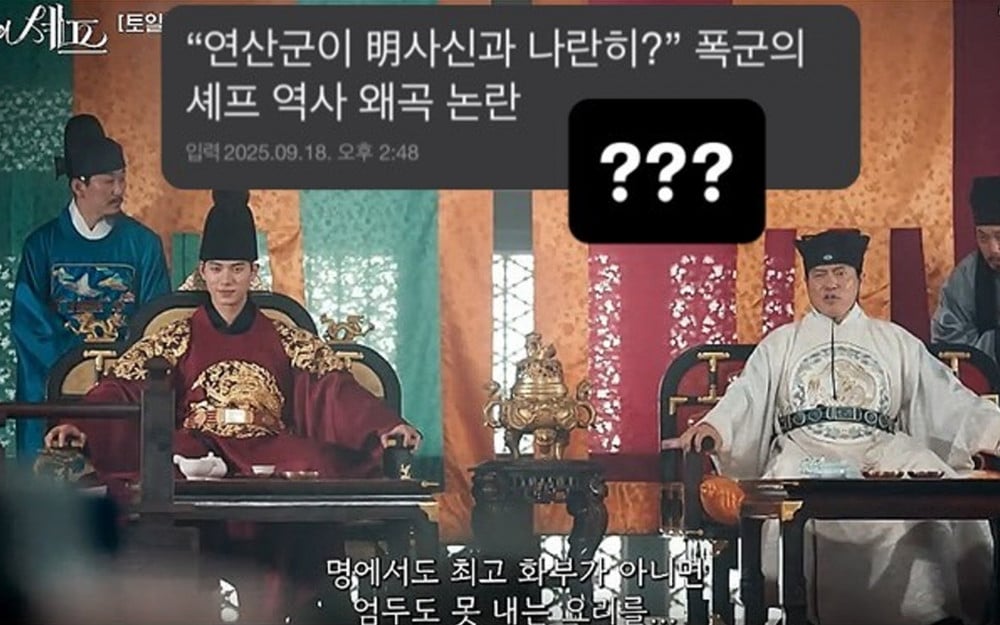
tvN's 'Bon Appétit, Your Majesty' writer Park Guk Jae has responded to accusations of historical distortion.
On September 19, Park shared a statement on social media addressing the controversy, citing "Gukjo Oryeui," known as "The Book of National Rites of the Early Joseon Dynasty," which is the official state manual of court rituals, compiled in 1474, as the basis for the drama’s depiction.
First, Park explained the decision to seat Lee Heon alongside the Ming Dynasty envoy. He said, "The section on guest etiquette in the text specifies that the envoy sits to the east, while the king sits to the west."
He added, "In Confucian ritual, the east holds a higher rank than the west. The Ming envoy represented the emperor, so his status was above that of the Joseon king."
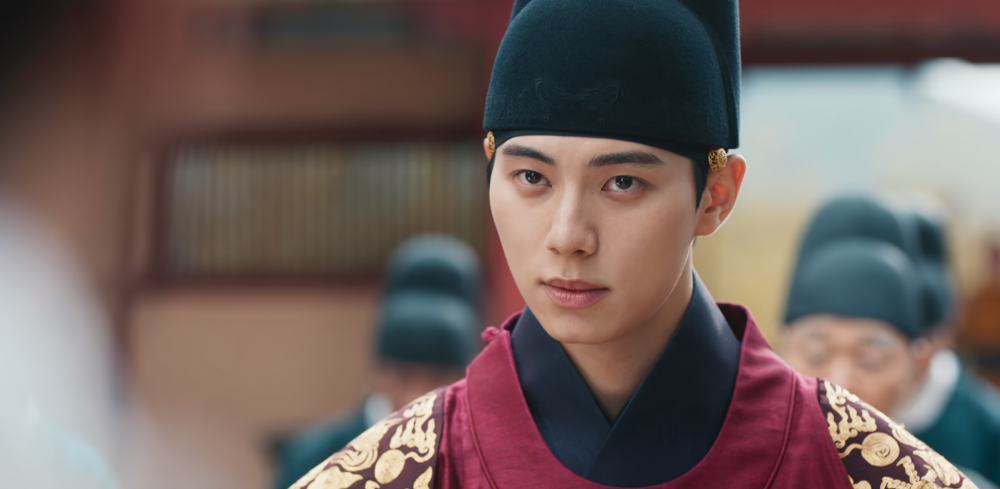
Park also addressed the scene where Lee Heon bows to the Ming envoy, and clarified, "According to the manual, it was customary for the king to bow first when greeting an envoy."
"This was not a matter of sovereignty," Park emphasized, "but part of international protocol. The drama follows an official state text published less than 30 years before the era in which the story is set."
Previously, 'Bon Appétit, Your Majesty' faced criticism over certain scenes allegedly distorting history. One major issue was the portrayal of King Lee Heon (played by Lee Chae Min) sitting beside a Ming envoy.
Viewers argued, "According to the Annals of King Sejong, the king sits on the throne while the envoy is seated below to the east. The depiction strays too far from historical fact."
The bowing scene also drew backlash. Critics pointed out, "When receiving an imperial edict, kings would kneel, but there is no record of them bowing their heads."
Meanwhile, 'Bon Appétit, Your Majesty' is a fantasy romantic comedy about a time-traveling chef who wins over a tyrant king with her cooking. It is based on the web novel 'Surviving as the King’s Chef.'
SEE ALSO: YoonA captures attention through poise at Chunsa Film Festival
 SHARE
SHARE
